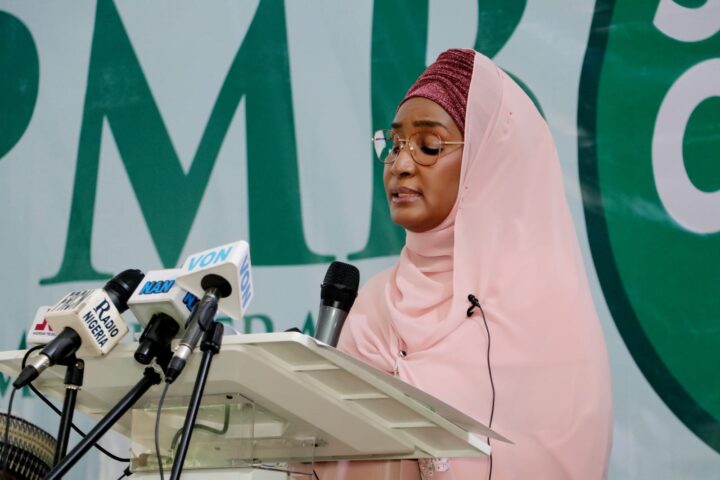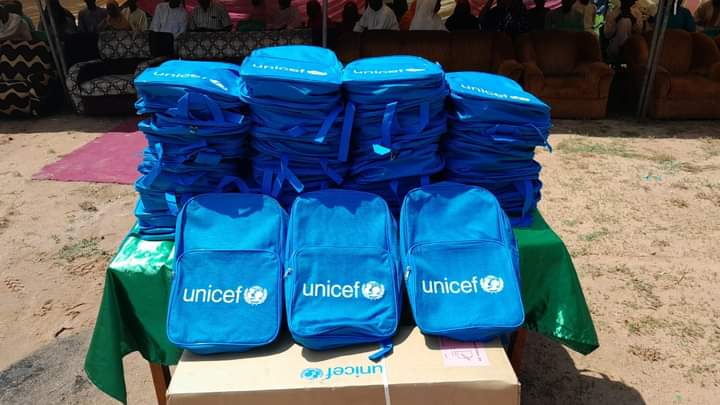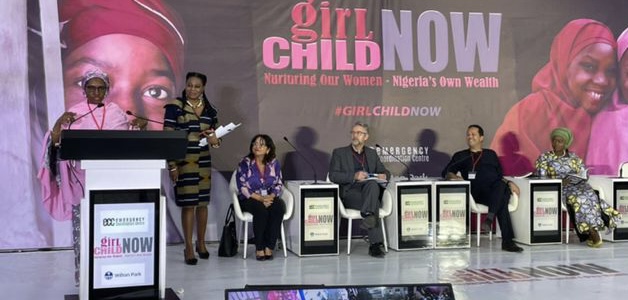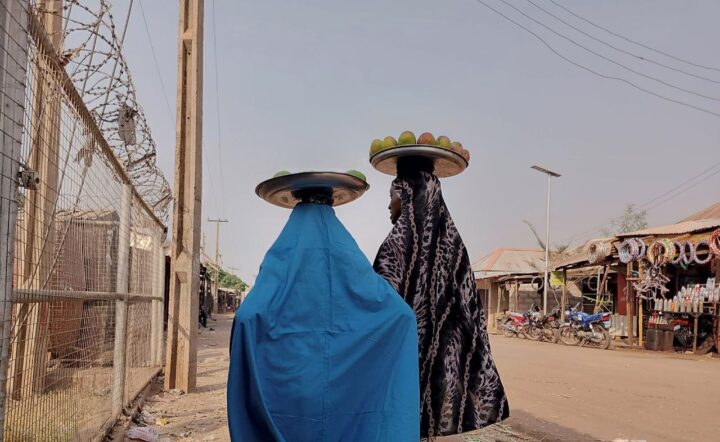The World Health Organisation (WHO) says Africa will account for 50 percent of the global childhood cancer burden by 2050.
In a statement commemorating World Cancer Day, marked on February 4, Matshidiso Moeti, WHO regional director for Africa, said cancer is a public health issue of major concern that should be fought by stronger alliances and new innovative collaborations.
Moeti said approximately 1.1 million new cancer cases and 700,00 deaths are recorded yearly in Africa. He also said if urgent and bold interventions are not taken, cancer mortality could possibly increase to nearly one million deaths per year by 2030.
“We should recall that the most common cancers in adults include breast (16.5%), cervical (13.1%), prostate (9.4%), colorectal (6%), and liver (4.6%) cancer which contributes nearly half of the new cancer cases,” the statement reads.
Advertisement
“With significant data challenges, childhood cancer incidence in sub-Saharan Africa is estimated at 56.3 per million population.
“Current projections show that Africa will account for nearly 50% of the global childhood cancer burden by 2050, compelling expeditious efforts to confront this concern.
Moeti highlighted some achievements recorded in the region, including those at the country level.
Advertisement
She noted that 12 countries in the region have valid national cancer control plans and that the organisation is supporting 11 additional countries in developing or updating their national cancer control plans.
“Currently, 16 countries have introduced high-performance-based screening tests in line with WHO recommendations and plan to scale up cervical cancer screening. The introduction of gynecologic oncology fellowships for improved access to cervical cancer treatment services in Malawi and Zambia is commendable and innovative,” the statement reads.
The director, however, said despite achievements, more work needs to be done.
She, therefore, called on governments to develop and update national cancer control plans and also provide sustainable financing in cancer registration.
Advertisement
“I encourage governments to incorporate cancer care into essential benefits packages and national health insurance systems. It is also critical to ensure adequate infrastructure for human resources, screening, diagnostics, and treatment. There is equally a need to expand the use of digital health and establish relevant training for the cancer workforce.”
Add a comment






